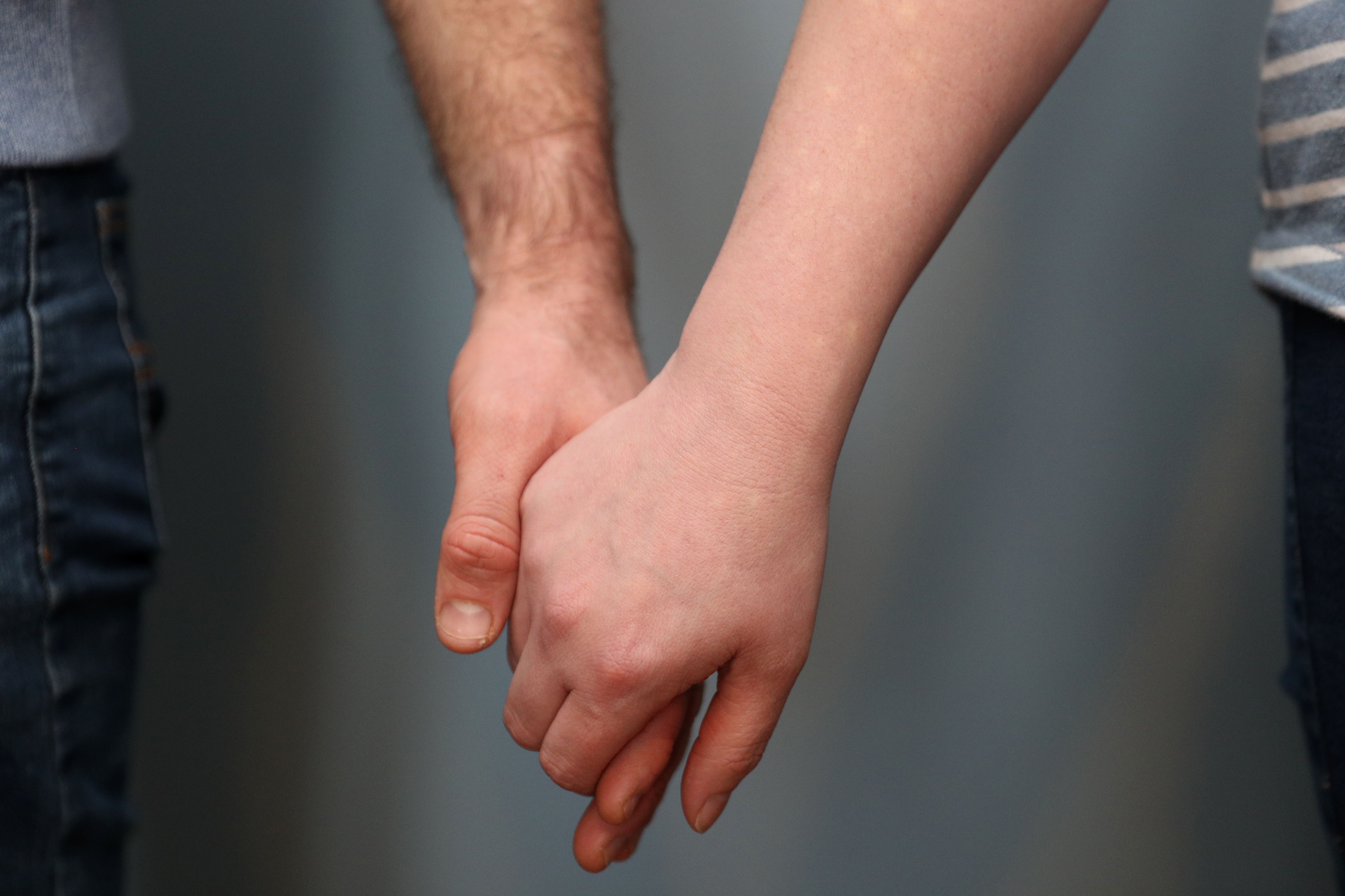Scientists reveal that human touch can work as a cure
A hug, or even the sensation of a weighted blanket, could help improve health

Your support helps us to tell the story
From reproductive rights to climate change to Big Tech, The Independent is on the ground when the story is developing. Whether it's investigating the financials of Elon Musk's pro-Trump PAC or producing our latest documentary, 'The A Word', which shines a light on the American women fighting for reproductive rights, we know how important it is to parse out the facts from the messaging.
At such a critical moment in US history, we need reporters on the ground. Your donation allows us to keep sending journalists to speak to both sides of the story.
The Independent is trusted by Americans across the entire political spectrum. And unlike many other quality news outlets, we choose not to lock Americans out of our reporting and analysis with paywalls. We believe quality journalism should be available to everyone, paid for by those who can afford it.
Your support makes all the difference.Touch from both humans and animals can reduce pain, feelings of depression, and anxiety in adults and children, according to the study.
A hug or even the sensation of a weighted blanket, could help improve physical and mental health, the research has found.
The findings suggest touch is beneficial for physical and mental health – both for healthy people and those in a clinical setting.
Writing in the journal Nature Human Behaviour, the researchers say: “In conclusion, we show clear evidence that touch interventions are beneficial across a large number of both physical and mental health outcomes, for both healthy and clinical cohorts, and for all ages.
“These benefits, while influenced in their magnitude by study cohorts and intervention characteristics, were robustly present, promoting the conclusion that touch interventions can be systematically employed across the population to preserve and improve our health.”

Researchers conducted a review and analysis of 212 studies, involving a total of 12,966 people, to explore the health benefits of touch.
They found strong evidence of health benefits in adults who engaged in touch with other humans or objects – including robots and weighted blankets.
However, the largest mental health benefits were found when people touched other people, as opposed to touching objects.
Julian Packheiser, from Ruhr University, Germany, and colleagues, did not find differences in physical or mental health benefits in adults based on the type of touch, such as massage or hugging.
This same was also seen in newborns.
The study also suggests that the more often someone had physical contact with someone, the more beneficial it was.
According to the findings, touch was effective in improving the mental health of people, whether in hospital or not.
The authors also found improved health outcomes when the face or scalp was touched as opposed to other body parts such as the torso, and that touch in one direction was better than more haphazard touch.